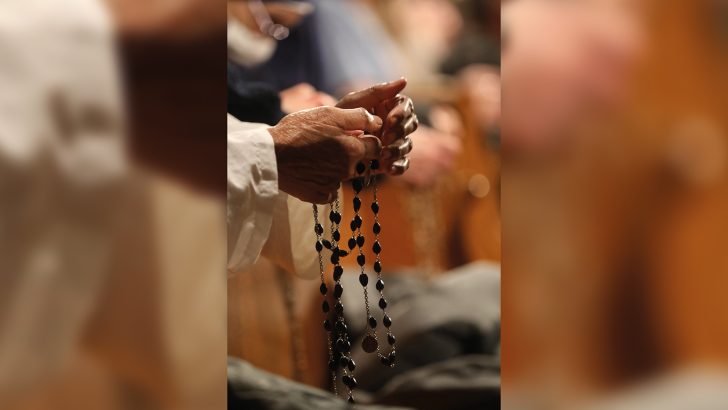The Diocese of Cloyne covers Northern and Eastern parts of County Cork. It is represented by 151,711 Catholics and Bishop William Crean, incumbent since 2013.
The methodology comprised a survey and series of listening and consultation workshops. In total about 600 were involved in the process with people inputting from various socio-economic groups.
It also included workshops with teachers, farmers, youth and those experiencing social exclusion. These were in-person and face-to-face workshops. The workshops sought the participation and input of laity, religious and clergy on various issues. There was also a web-based listening and consultation process. This comprised an online survey. Similarly, a paper-based version of the survey form was distributed. In total, about 250 survey forms were completed and returned online. A further 200 hardcopies of survey forms were received.
In terms of age profile, one third of the respondents were aged 41-60 years. Two thirds of respondents were aged 61 years and older. Apart from some specific focus groups with youth, all respondents were over 40 years of age. Youth input was listened to through separate focus groups involving Cloyne Diocesan Youth Service and Youth 2000. There was a noted diversity of opinion here.
Faith and spirituality
The question was posed: Are faith and spirituality, as distinct from church, part of your life? The majority of respondents (75%) stated that faith and spirituality are part of their life. Others either did not respond or raised some doubts. Many confirmed that they had grown up in a strong faith family and always have been very much part of the Catholic Church.
How our faith helps us
Some people described faith as a secure base on the journey through life. There was particular reference to dealing with times of stress, problems, bereavement and key decision-making moments. Faith was described as a positive experience that is a big part of people’s lives and helps to keep families together.”
Our Church
Some people stated that they shared the understanding that all of the baptised are part of the Church while others listed groups such as clergy and laity as part of the church.
There was a long list that people felt were missing. These included victims of all types of abuse, people who chose to leave church, teenagers and young people, laity and lay ministries, separated, divorced Catholics, the LGBTQ+ community, same sex couples, families, young priests, sinners, single people, many baptised Catholics, other Christians, the poor and the oppressed.
What areas of mission might we need to develop?
The responses also proposed movement on other fronts to support this formation including freeing clergy from administration and offering new opportunities to laity (male and female) to contribute more. The feedback expressed that the church needs to become a more welcoming and visible community.
Evangelisation through new social media forms was proposed with many examples of good practice in this area referenced.
The need for faith formation for all groups and better homilies was emphasised. More reverent celebrations of liturgy by both priests and people are considered important for some respondents. The relevance of, and engagement with, current global challenges was a key concern for others.
What steps might the Holy Spirit be inviting the Church to take?
The respondents framed their response in terms of a call from the Holy Spirit to be hopeful, to be willing to question and not to be afraid to preach the good news to the world. Also, to be more faithful to the Gospel message.
There was a sense of a call to be humble in the face of the Divine. There was a challenge expressed that as a faith community we need to put God at the centre and before all things, whether political institutions, education, the workplace, health. We need to acknowledge the power of God ever present.


 Faith and spirituality are integral to the lives of parishioners in the Diocese of Cloyne.
Faith and spirituality are integral to the lives of parishioners in the Diocese of Cloyne. 
